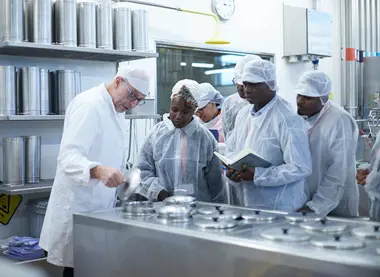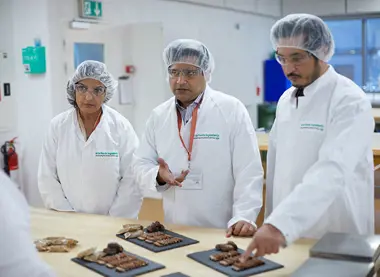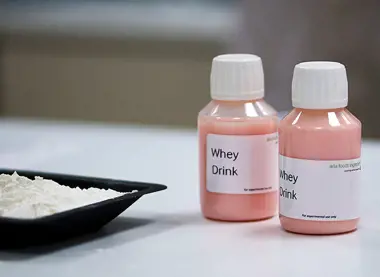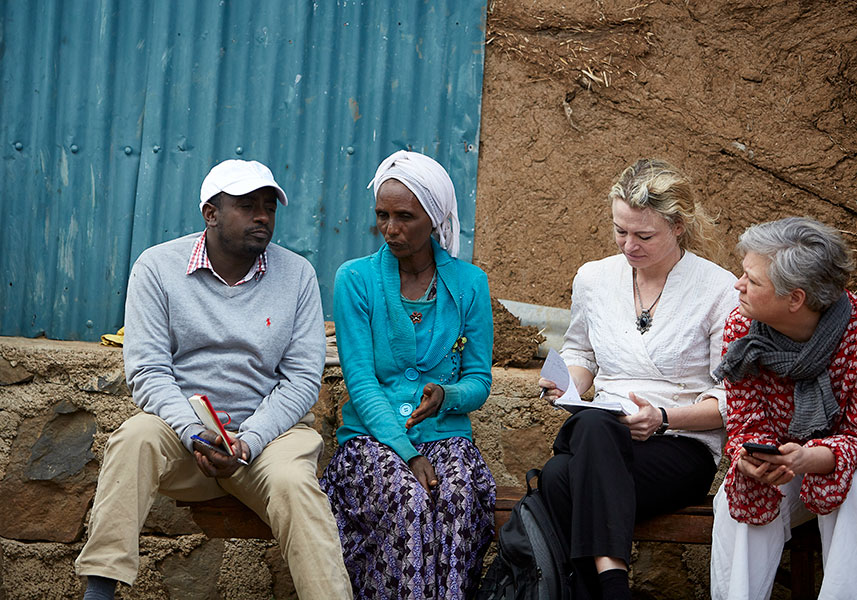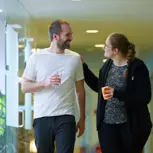Our work with affordable nutrition revolves around our collaboration with NGOs, government organisations, knowledge institutions and other companies. The objective is to develop and share new models for sustainable supply chains that improve access to nutrition in low-income countries. Children and young women of childbearing age are in particular focus.
Projects of this nature require a thorough understanding of local contexts and needs and a framework for responsible business conduct. In this way, we can mitigate the risk of causing unintentional harm and ensure a positive impact.





